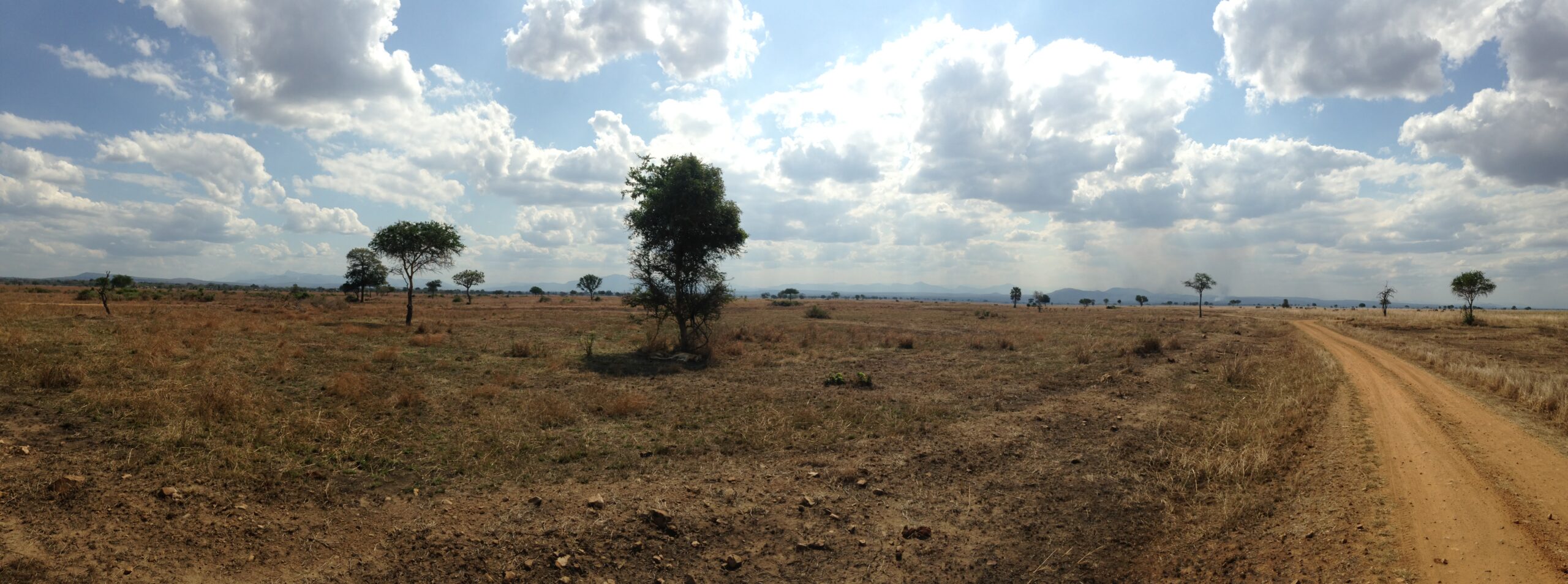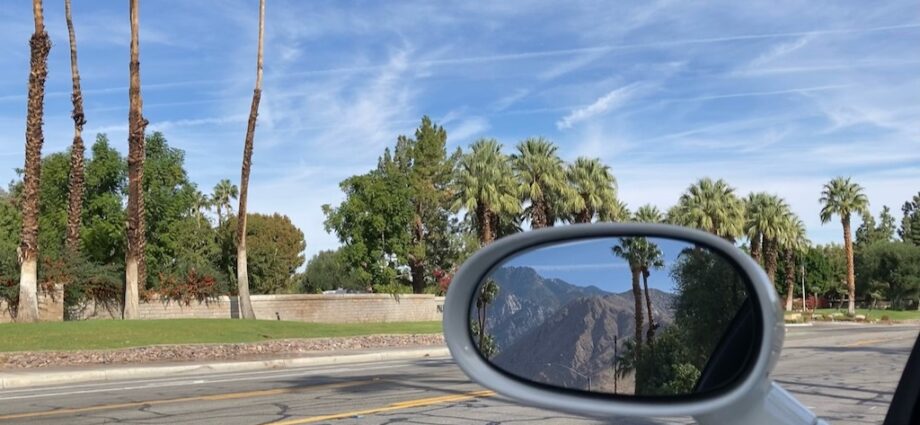“So be sure when you step, step with care and great tact. And remember that life’s A Great Balancing Act. And will you succeed? Yes! You will, indeed! (98 and ¾ percent guaranteed).
– From Dr. Seuss, Oh, The Places You’ll Go!
This is probably my last post on this short-lived blog, because tomorrow I start my first job as an associate financial advisor.
Soren Kierkegaard said, “Life can only be understood backwards, but it must be lived forwards.” If I look back, this change of direction makes sense. But it was years in the making, and certainly not self-evident from the start. It required years of small, incremental movements. The way it takes a while for a big ship to adjust course.
I’ve been a writer now for as long as I can remember. I used to write plays in elementary school (truly bad ones) and I had a book I was working on for years about a girl who discovered a secret island in her backyard. Writing was always instinctive for me, even more than speaking. Sometimes when my husband and I are talking, I will have a hard finding the right idiom, euphuism or technical term, and he will joke, “Ladies and gentlemen, my wife the writer,” or he’ll say, “Use your words.” But while words may fail my tongue, give me a pen or a keyboard, and my fingers will find them.
Several years ago, after more than 20 years of writing for others, I started to ask myself: For what? What change was I affecting? Or perhaps more importantly, what change could I be affecting if, instead of writing about skincare products or high-tech software, I wrote about something I cared passionately about?
This was the beginning of a shift for me. The realization that it is one thing to have a pen and a voice, but quite another to have a purpose. I had just read Grit, in which Angela Duckworth describes how gritty people change over time. When “gritty” people are young they work to further their own success, says Duckworth, but as they get older, they work toward a greater purpose. I was also involved in a book project in 2019 called Megadeals where I had the chance to interview a few high-performing sales people at top companies. When I met with the authors to complete the last paragraph and asked why large-scale deals were so important, they confessed that it was the opportunity to drive change on a massive scale. I wondered: Could I drive large-scale change? I thought maybe I could. But what change would I want to see?
There is a piece of Annie Dillard advice that is famous among writers. She wrote, “If you aim for the wood, you will have nothing. Aim past the wood, aim through the wood; aim for the chopping block.” For years I thought the analogy was a guide to getting the wood chopped. Now, I think it’s about making a fire.
Follow the breadcrumbs
I have been a big champion of investing since I started dabbling in the stock market in 2006. I was living on 34th street in Manhattan, dividing my time between an office in Queens and one in the Empire State Building. I was tasked with getting three communications departments to work together. I had no power in the business hierarchy and none of these departments wanted anything to do with each other. I decided to stick it out a few years, but all the while I was saving for an exit plan. One day my father asked, “What if I told you there was a way to save much faster?”
Though my father had been investing for more than a decade, what I knew about the stock market came from research I had done for a client on one of my first marketing assignments. My knowledge was academic. I had no experience beyond picking mutual funds for my Swedish pension account. At that time, in 2006, you could set up a fake portfolio in Google. Now you can do that in Etrade or with many other platforms under the watchlist feature. You can essentially pretend to invest by entering prices, purchase dates and commission costs. I did that for 3-6 months before buying my first stock.
It was around this time that I attended a speech by Annika Falkengren, who was then CEO of Sweden’s largest bank. It was at one of the Executive Women’s Conferences hosted annually by the Swedish American Chamber of Commerce. She stared out at the group of successful women gathered at the Tavern on the Green and asked how many of them had investments. That was the first time I heard statistics on how much wealth women were missing out on because of they were more risk averse than men and tended to keep their money in savings accounts.
I lost a lot of money in the wake of 2008. It was a hard way to learn that chasing after returns can be folly, but I kept investing. When I left the job in NYC, I traded stocks on a weekly basis to pay the slip fee on my grandfather’s boat in San Pedro, California while I learned to sail. All the while, I continued to advocate investing to my friends.
Finding your fire
At the beginning of the pandemic, my writing workload dropped off a cliff. I gardened and listened to every podcast and book on finance and behavioral finance that I could find. One of the podcasts had an interview with Sallie Krawcheck and it transported me back to Annika Falkengren’s lecture. I’m happy to report that the situation is changing: According to Motley Fool, “67% of women are now investing outside of retirement, compared to 44% in 2018.” So it’s better, but things still aren’t equal. I wondered, was this my fire?
I was taking a gardening class at the time and making trades during the breaks in the back of the room. A woman observed me and asked if I knew much about personal finance, and would I take a look at this fund she had. It turned out she had inherited some money about ten years before, but had left it where it was – in a municipal bond fund. On the upside, she had about as much on March 2020 as she’d had in January – but she had missed out on ten years of a bull market. To make matters worse, she was in her mid-50s, that was her only source of retirement income, and her boyfriend had just kicked her out of the house. I gave her my best advice, and she said to me, “You should do this for a living.”
“I’ve thought about it,” I told her. “But I’m not sure why people should trust me.”
“I trust you,” she said, “because you’ve been there.”
By that she meant that there was a time when I had no money. I had told her about moving to Sweden in 2000 with $13,000 in credit card debt and how, fortunately, a friend had let me sleep in her office. But I knew that personal experience wouldn’t be enough to win people’s trust. I would have to get the education. I reasoned that if I didn’t like the coursework, I didn’t have to continue, but that even if I kept writing for a living, I would have a better understanding of everything from taxes to retirement to insurance.
Getting a guide
Because I’m not the type to make big changes on a dime, I realized that if I was really going to do this, I would need a sherpa. I knew a few people in finance, but no advisors. I looked up some people I respected and saw they had CFP designations. Then, via the CFP website, I reached out to an advisor and asked if she would mentor me. Times being what they were, our first meeting was virtual. She answered a ton of my questions, and said nothing that deterred me. I signed up for a course in September of 2020 and continued to chat with her every month or so. She has remained one of my biggest champions. Even when we didn’t speak for months, she would suddenly text or email to check in.
My copywriting clients came out of hiding in 2021, and because years of freelancing had made me constitutionally opposed to turning down work, my path to financial planning slowed to a crawl. But by the spring of 2022, I had cut way back and focused instead on the Series 65, one of the only financial industry tests that you can take without being associated with a firm. After that, I decided I had been dragging out this double life too long. It was time to apply for work.
That’s all I’ll say for now because, starting tomorrow, it will be official and I will need to run all my content up the compliance chain. Suffice to say, I couldn’t be more pleased about where I’ve landed. Inexplicably, the breadcrumbs have led me to a place that feels like it was my destination all along.
There’s a quote I’ve always loved from the movie Out of Africa, when Karen Blixen tells her head servant, Farah, that she is returning to Denmark. She tells him that it will be like the old days when they were on safari and he would light a fire for her to find her way back to camp, but that this time she will light the fire. “Is it far, where you are going?” he asks her. She says it is. “Then you will have to make this fire very big,” he replies, “so I can find you.”
I may be moving on, but I plan to light a pretty big fire. You’ll know where to find me.
PS
To clarify, for regulators, this is not a solicitation for business.

